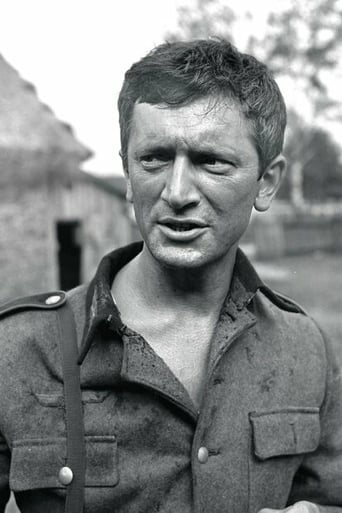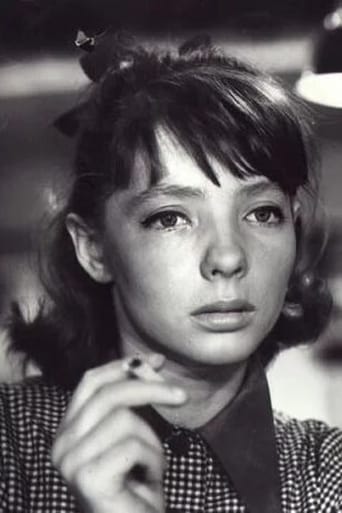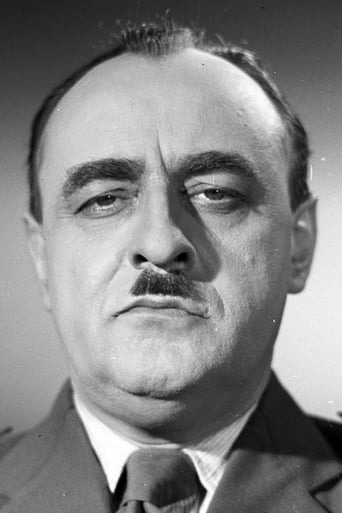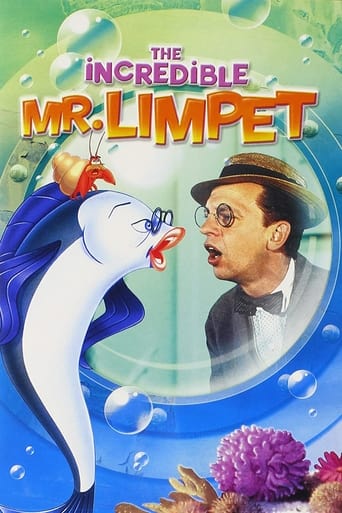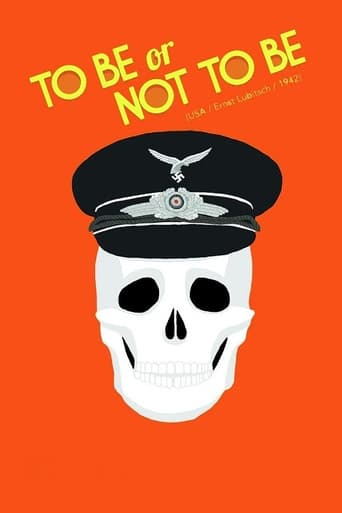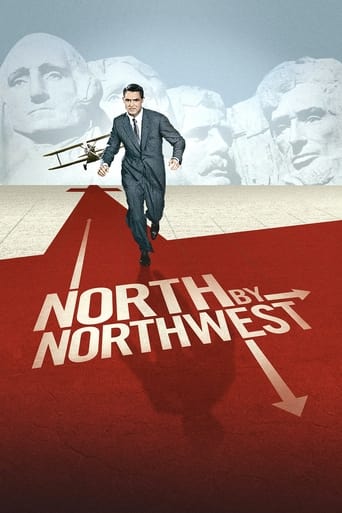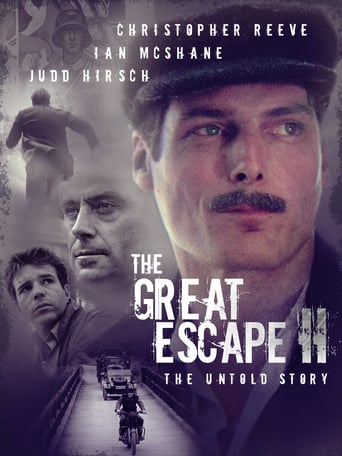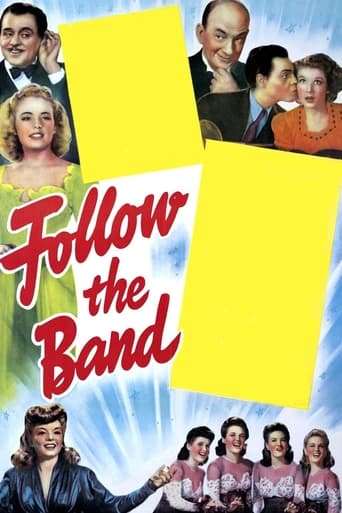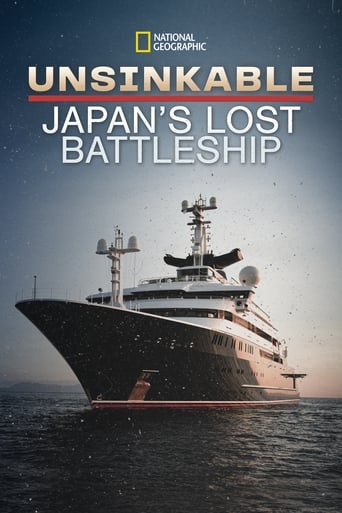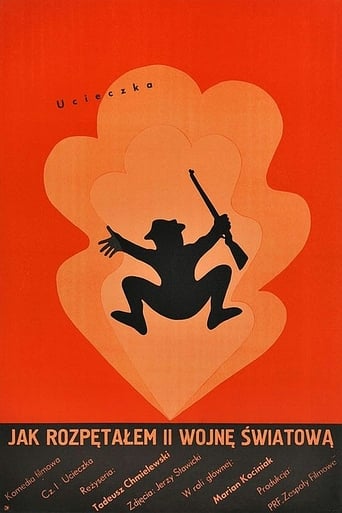
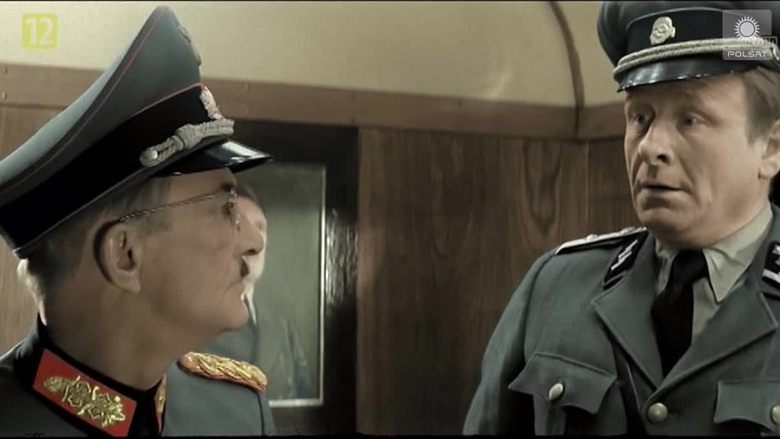
How I Unleashed World War II, Part I: The Escape (1970)
On the night of August 31, 1939, Dolas, from a platoon reinforcing a train station on the German border, falls asleep in a train car and unknowingly crosses into Germany. The moment he shoots a German, who he thinks is a saboteur, the German invasion of Poland begins, and Dolas is convinced it was his fault. He is taken to Stalag POW camp, the first destination in his odyssey around Europe.
Watch Trailer
Cast
Similar titles



Reviews
The first must-see film of the year.
The best films of this genre always show a path and provide a takeaway for being a better person.
One of those movie experiences that is so good it makes you realize you've been grading everything else on a curve.
It is encouraging that the film ends so strongly.Otherwise, it wouldn't have been a particularly memorable film
The film is one of classic Polish comedies, often aired in Polish TV, and I like it quite much. The main hero is a Polish soldier Private Franek Dolas, a charming wangler, who is convinced, that he had started World War Two by his accidental shot (it is a bravura life role of Marian Kociniak). He escapes from a POW camp, and then desperately tries to join the Polish Army, organized in Great Britain. The film is quite long, being a three-part trilogy, but we follow adventures of Private Dolas from 1 September 1939 towards the end of the war, across Nazi occupied Europe, Middle East and North Africa. And there is also a romance plot in last part. The whole story is inspired by fates and stories of many Polish soldiers, who escaped from occupied country and got to French or British allies to continue fighting, which was truly a difficult task during the war, in a lack of common borders. Many of them found themselves eventually in North Africa, where Polish units fought on British side in 1941-1942 against Germans and Italians. One patrol even captured Italian military bordello indeed...Since Franek Dolas travels through different countries, a humour mainly explores national stereotypes and cultural clashes, but in rather gentle and non-derogatory way. So, the Germans are unable to write down an overcomplicated Polish name (Brzeczyszczykiewicz), the Yugoslavians are hospitable, while the British are stiff and care about nothing during a tea time (it also was an experience of Polish soldiers). On the other hand, Poles, personalized by the main hero, are reckless and always get into trouble. In fact, Private Dolas succeeds in many things only by accident. French captain is always drunk and wants to fight for Marshall Petain - but on the other hand, his soldiers join the Free French to continue fighting. The Italians try to surrender, or they fight only for their women - but we also see brave Italian commandos. A great and remarkable thing in this film is, that all characters speak their own languages, what makes language barriers obvious, and increases reality feeling.The film was made as black and white, but gained much thanks to a digital colorization.
This film is so bad that we didn't even laugh once and it's supposed to be a comedy. The only reason we continued watching it was that we are trying to catch up on Polish cinema and we were thinking maybe there would be some redeeming value in the end. There wasn't. There is a second and third part to this film. We ordered both parts 1 and 2 and we ended up watching both but we almost gave up in the middle of the second film and promptly canceled part 3. There is nothing funny in this supposed comedy. It's stupid. Worse Polish films we saw. It reminded me a little bit of Hogan's Heroes but this was worse. Why would we want to make a comedy about WWII in Poland? There was nothing funny about WWII. I read Stanislaw Grzesiuk's "Piec lat kacetu" ("Five Years in a Concentration Camp") where he uses humor to survive a terrible Gusen camp but that's a different story.
This movie is one of the best polish movies there were ever made! The great story, the patriotism, the characters and most of all the irresistible humor have made this movie so special, that it entertains viewers of many generations! While most war movies show the terror of it, this movie shows it's brighter side. The side where people are brave, patriotic and they managed to do the impossible! Also shows how true is an old polish quote: "If a Pole wants to do something, he'll do it no matter how!" If you'd ask me, I'd gave you examples from my family that could prove those incredible situations! Hope you all will see it and like it as much as I do! Greycat R! Krystian Andrzej Dylewski
It's a story about a polish rifleman - Franek Dolas.It begins on 1st October of 1939 when Nazis invade Poland.Generally the whole movie is divided into three episodes.In the first one Franek gets himself into German pow camp.He is making his best trying to escape but everything he does gets him only into more trouble.Frankly speaking Franek is a kind of guy that is always getting into some kind of trouble.When he wants to do something right the result is opposite every time. Through all three episodes we can see Franek's funniest adventures in occupied Poland,Yugoslavia,Italy,few other European countries and even Africa where he joins French Foreign Legion. I think that it should be very interesting and funny for Europeans to see what the Poles think about them and why we sometimes laugh about English or Italians for example :P
